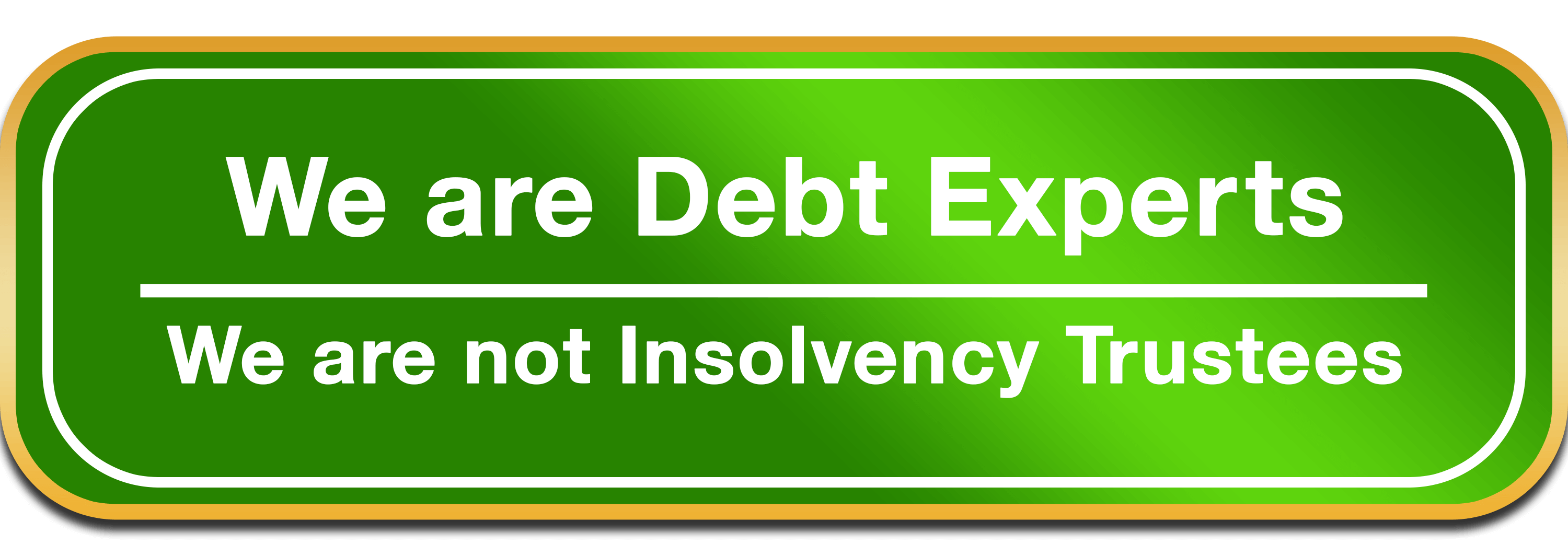With unexpected life challenges being thrown your way, bankruptcy seems to be the only method to overcome your debt and start over.
If you have outstanding unsecured debt with credit cards, personal loans, lines of credit, payday loans, 407, and CRA debt, bankruptcy may be a reset you need for a debt-free future.
By filing for bankruptcy, all collections from creditors and/or garnishments against your wages stop with an instant stay of court actions, excluding Family court or Provincial Offences court orders.
In some cases, bankruptcy is the best opportunity to put an end to debt and credit challenges, giving you a break from financial stress, collection calls and mounting debt.
While bankruptcy may sometimes be the best solution, it should be carefully considered as it has long-term impact and even legal implications.
Declaring bankruptcy is best considered and executed with the help of a personal debt consultant who can help you decide if bankruptcy is your best course of action, explain potential consequences and assist in navigating the bankruptcy process.
To learn if bankruptcy is right for you, schedule a free consultation with our team now.
Bankruptcy eliminates debt, but may impact things you own.
- Personal possessions up to $5,650.00
- Household possessions up to $11,300.00
- Tools of trade up to $11,300.00
- One motor Vehicle up to $5,650.00
During bankruptcy, your spouse/common-law is not affected unless they have co-signed or are a guarantor for your accounts.
If you are self-employed, you can continue normal business activities during bankruptcy. Your household income will be monitored until your discharge date. Discover how bankruptcy may impact your assets. Schedule your free consultation today!
Get A Free Consultation
EmpireOne Credit Solutions is dedicated to helping clients in the Greater Toronto Area who are struggling with debt and financial hardship. EmpireOne Credit’s passion is derived from the knowledge that the situation isn’t always as bad as it seems. EmpireOne guides their clients toward the best options possible, whether that is a debt consolidation, a consumer proposal or declaring bankruptcy.
Regardless of the path taken, EmpireOne Credit is proud to help clients every step of the way.
Typically, bankruptcy discharges unsecured debts. However, there are some exceptions under the law where the following debts remain:
- Student loans (that are less than 7 years old)
- Child and spouse support
- Fines and payments ordered by the court
- Debt as a result of theft or fraud
- Certain government-related overpayments.
The discharged debts include:
- Credit card balances
- Unsecured personal loans/ line of credits
- Unpaid utility bills
- Medical bills
- CRA income tax debt
- 407 debt
Also referred to as bankruptcy exemptions, the Canadian government exempts certain assets to facilitate a fresh financial start for individuals. Some of the most crucial exemptions include limited amounts of:
- Health aids,
- Clothing,
- Furniture,
- Car (under certain cases),
- House (under certain cases),
- Tools of trade,
- Pensions,
- Farm land, animals, etc.
In Canada, filing for bankruptcy has no impact on the spouse. The debts solely belong to the person filing for bankruptcy and hence, only he/she holds complete responsibility. Similarly, if you file for bankruptcy, only your debts will be discharged. The spouse or common-law partner is not responsible for the debts. However, there are exceptions if your spouse has co-guaranteed your debt.
There are a few variations to this. If your income is more than the minimum limit set out by the Canadian government, there are chances of your bankruptcy being extended longer than nine months. Also, if this isn’t the first time you’re filing for bankruptcy, the duration will be longer than 9 months. Lastly, if you failed to fulfill one or more of your obligations under bankruptcy, expect delays in your discharge.
If there is a huge amount of equity in your house, you cannot keep it when filing for bankruptcy. However, if it has very little or no equity at all, making arrangements with a mortgage company to continue paying the mortgage is also feasible. Doing so will let you keep the house post-filing for bankruptcy. On the other hand, if the house has considerable equity, it is your trustee who will decide whether the house should be seized and sold, or other arrangements need to be made (for repaying the equity). Other arrangements include borrowing from relatives, friends, or colleagues. You can even opt for a second mortgage.
YES. There is no legal restriction preventing you from traveling outside the country while in bankruptcy. However, there are some situations where you are required to be physically present in order to obtain your discharge. If you are unable to attend in person, there may be a delay in getting your discharge from bankruptcy.
Bankruptcy eliminates your obligation to pay the creditor, but the co-signer will still be responsible for any co-signed debt.





